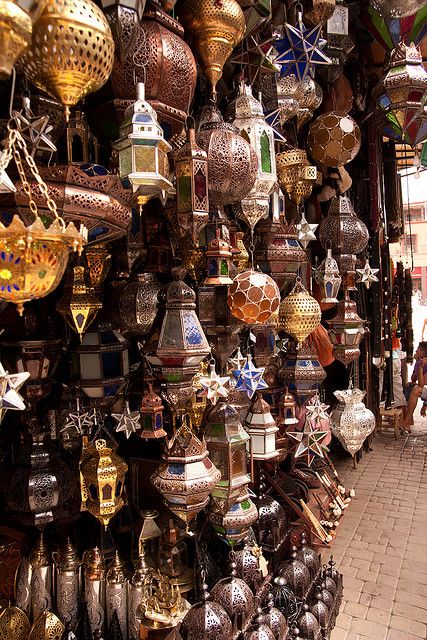Ghana is home to over 24 million people but to anyone that has ever had the pleasure of visiting two adjectives describe the country: Culture & Hospitality.
Capital: Accra
Official Language Spoken: English
Religion: Christianity and Islam
Currency: Ghana CEDI
President: William (Nana)Addo Dankwa Akufo-Addo
Vice President: Mahamudu Bawumia
Ghana
I am sure by now, you know our term to describe African Soft Power is Cassava Diplomacy! You also understand the application of Soft power right? For a refresher on Soft Power, just look at the last Cassava Tuesday Entry.
In 1957, Ghana was the wealthiest country in Sub-Sahara Africa and the first to get its independence in West Africa.
“Did you know that in the late 1950’s, Ghana and South Korea had similar per capita income??”
Ghana focused on socialist protectionist trade policies, in the name of Pan African Socialism. This type of policy is known as imported substitution policy.
“A trade and economic policy which advocates replacing foreign imports with domestic production.
In order words: SAY NO or greatly reduce foreign dependency by focusing on local production of industrialized products.”
This is what your chocolate looks like fresh, Cocoa Fruit.
Cocoa Beans
“So where did things go South for Ghana and North for South Korea?”
Chocolate became the downfall of Ghana. The Ghanaian government used tax revenues from the export of cocoa to subsidize the development of other industries in the country. Their entire hope was on cocoa with the belief that this would support the domestic market and lead to self-sufficiency within the manufactured goods sector. They would be able to export these "Ghanaian made goods" but more importantly, this will allow for sophisticated manufactured goods.
But the reality looked more like this:
Cocoa farmers in Ghana suffered from the government’s policy of import substitution and price control as it made them poorer. All productive resources because of ISP (Import Substitution Policy) moved away from goods that had an advantage (like cocoa :(..) and into goods that had much higher production costs. Local people in Ghana were forced to pay higher prices for inferior goods and the available productive resources that were available, the government did not put it to good use.
“An inferior good is a type of good for which demand declines as the level of income or real GDP in the economy increases. ”
Farmers needing to survive turned to self-sufficiency farming on land designated for growing cocoa. These inefficiencies and lack of diversity in development will put a brake on the economic development of Ghana.
“The case of Kimchi Land and Survival ”
South Korea was successful because it focused on open free trade policies. They took all their resources not just a particular sector but EVERYTHING to make this work. South Korea shifted from agriculture to intensive manufactured goods such as footwear and textiles. Open free trade policies led to Koreans getting most of their Won ( Korean currency) and earning more in wages.
Combine such efforts, country branding in the name of soft power, technologies made in Korea by Koreans, you have Kimchi Diplomacy. Unfortunately, Ghana never saw country branding as a tool for country development in the past, but it appears a change is coming.
... BACK TO GHANA & SOFT POWER
Ghana is working on understanding and applying the importance of country branding and the application of this process in their diplomacy.
“To the Ghana Diaspora: You share responsibility in country branding and patronizing ”
It appears Ghana will focus on forms of Gastronomy and Tourism as a soft power tool. Soft Power tools in Ghana also include Sports (football). I touched on the role of China and Stadium Diplomacy in Africa in the past. Ghana played an important role with the genesis of this relationship. Read about that here:
So let's watch, the GHANAIAN GOVERNMENT on soft power
Meanwhile in Seoul, South Korea....
Asian Boss
Ghana has strong ties to South Korea already through popular culture with Ghanaian born actor Sam Okyere. He is very popular in Seoul and is fluent in the language. We will keep tabs on how the Ghana government applies soft power through him. In addition, we will monitor just how Ghana will use soft power tools in the African region and in other Asian Spaces
Until next Cassava Tuesday!







![temp[5144].png](https://images.squarespace-cdn.com/content/v1/58feb00686e6c0d9650eacf5/1505379428999-RHCSP34U2NTEJSGYQTMX/temp%5B5144%5D.png)

![temp[5139].png](https://images.squarespace-cdn.com/content/v1/58feb00686e6c0d9650eacf5/1505421281406-4P6JNEVDY4SSBEQFKX5Z/temp%5B5139%5D.png)
























